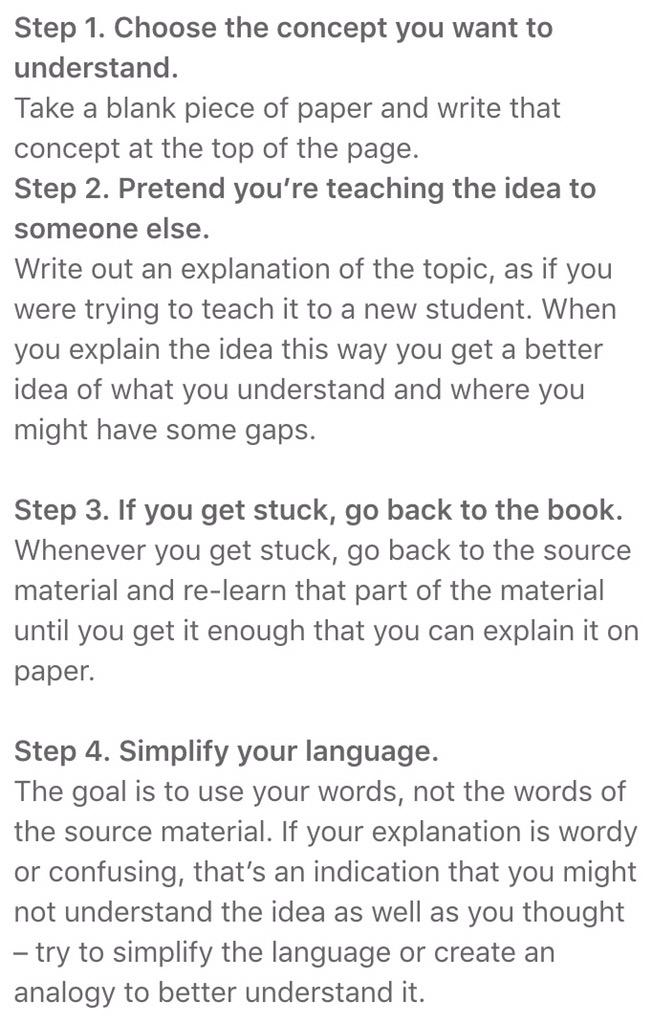Some quick points from the talk:
- The prefrontal cortex is an experience simulator, it can simulate something happening in the future, so that you can assess different choices to make decisions.
- However humans have an impact bias, i.e. we tend to overestimate the hedonic impact of future events (i.e. we are bad at predicting how we will feel in the future). A recent study on major life traumas show that if it happened over 3 months ago, with a few exceptions, it has almost no impact whatsoever on your happiness.
- Humans have a psychological immune system, a system of largely non-conscious cognitive processes that help them change their views of the world, so that they can feel better about the world they are in. We ‘synthesize’ happiness.
- Natural happiness is what we get when we get what we wanted. Synthetic happiness is what we make when we don’t get what we wanted. Synthetic happiness is every bit as real and enduring as natural happiness.
- When people were asked to choose to take home 1 of 2 items, in their minds, the desirability of the one they chose goes up, and the desirability of the one they did not get goes down, i.e. they synthesized happiness. The same results appeared when the experiment was done with amnesiacs, 4-year-olds, and monkeys (link to NYT article here). By putting down the thing that they cannot get (‘sour grapes’), they carry on with their lives rather than wasting energy agonizing over the past choices.
- Freedom to choose, is the friend of natural happiness, but is the enemy of synthetic happiness. When we have no choice and are totally stuck, our psychological immune systems kicks in to synthesize happiness.Our longings and worries are both, to some degree, overblown, because we have the capacity to manufacture the very commodity that we can constantly chasing when we choose among experiences.
- If you made a choice, but you know that you can easily reverse your choice, you will agonize over whether you made the right choice, and end up not feeling satisfied with what you have. If you cannot reverse your choice, you will like what you had chosen a lot.


 Kenny Rogers said “You never count your money when you’re sitting at the table.” That profit is not realized, so don’t mentally take inventory of it until the trade is closed and you have realized that gain. This will create emotion, and you will stay in trades for the numbers rather than the logical reasons.
Kenny Rogers said “You never count your money when you’re sitting at the table.” That profit is not realized, so don’t mentally take inventory of it until the trade is closed and you have realized that gain. This will create emotion, and you will stay in trades for the numbers rather than the logical reasons.



